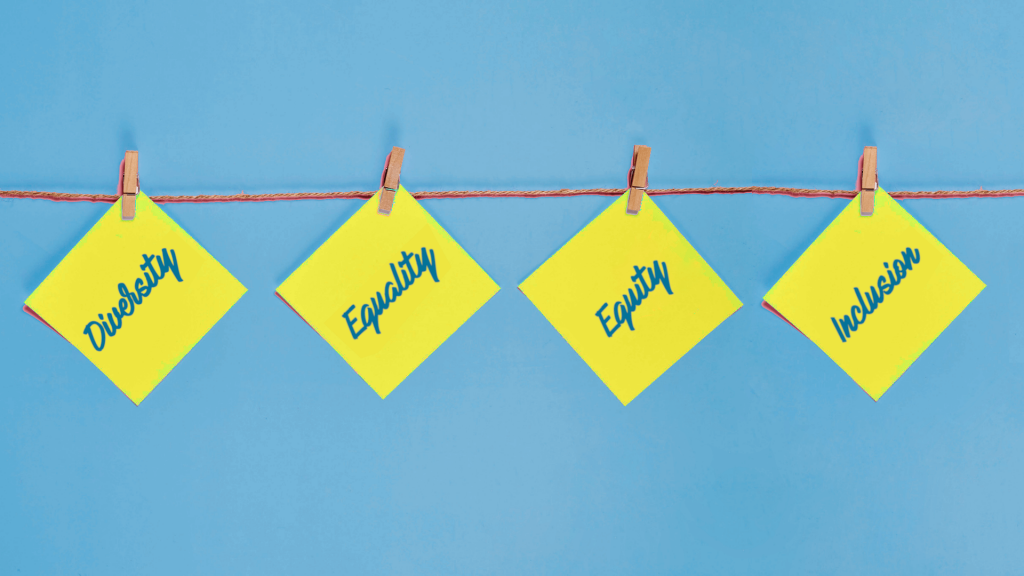Understanding the Importance of Diversity and Inclusion in the Workplace
[part 1]
In today’s ever-changing world, I can’t stress enough how crucial it is to have diversity and inclusion in the workplace. A diverse and inclusive environment means that we’re welcoming individuals from all walks of life, backgrounds, and perspectives. It’s way more than just ticking off boxes or hitting quotas – it’s about creating a workplace where everyone truly feels respected, valued, and empowered.

When you bring people with unique talents, skills, and ideas together, magic happens. I’ve personally seen that diverse teams encourage creativity, innovation, and problem-solving. They push us to consider different viewpoints, leading to better decisions and more innovative solutions compared to teams that are too much alike.
Inclusivity takes this a step further. It ensures that every single employee, no matter their race, gender identity, sexual orientation, age, or abilities, feels like an integral part of the team. In an inclusive environment, there’s a sense of belonging that allows employees to fully utilise their skills and talents without fear of discrimination or bias.
And the beauty of all this goes beyond just improving performance. It has a profound impact on employee engagement and satisfaction because people aren’t just recognised for their professional abilities, but for who they are as individuals. What’s more, it helps attract top talent because, nowadays, job seekers prioritise organisations that champion diversity and inclusion.
By embracing diversity and fostering inclusivity in our organisations, we create a work environment that not only respects individual differences but also leverages our collective strengths. In the following sections of this blog, we’ll dive deeper into various aspects related to promoting diversity and inclusion in the workplace and offer practical strategies for implementation. So, let’s explore this topic together.
The Benefits of Building a Diverse and Inclusive Workplace
I’ve come to appreciate that there are numerous advantages to creating a diverse and inclusive workplace within an organisation. When we embrace diversity, it allows us to tap into a wide array of perspectives, experiences, and backgrounds, and this, in turn, fosters innovation and sparks creativity.
One of the key advantages I’ve noticed is the way it enhances decision-making. When we bring together employees with different backgrounds and viewpoints, it’s like opening a treasure trove of insights and ideas. This diverse mix of perspectives enables us to thoroughly analyse and consider various angles, ultimately resulting in better-informed decisions.
Moreover, I have observed that an inclusive workplace does wonders for employee engagement. When each individual feels valued and included, regardless of their unique differences, they tend to be more motivated and committed to their work. This sense of belonging creates a positive work environment where employees are comfortable expressing themselves and giving their best efforts.
I have also noticed that diverse teams tend to outperform homogenous ones in problem-solving tasks. The combination of various skills, knowledge bases, and approaches often leads to more creative solutions that can address a wider range of challenges.
Lastly, building a diverse workforce has the added benefit of helping us attract top talent from various backgrounds. In today’s globalised world, job seekers often look for companies that prioritise diversity and inclusion initiatives. By showcasing an inclusive culture, organisations position themselves as attractive employers for individuals seeking an environment that truly value diversity.
In my view, creating a diverse and inclusive workplace is not only about fairness, but it also offers tangible benefits like increased innovation, improved decision-making capabilities, enhanced employee engagement levels, and the ability to attract top talent from diverse backgrounds.
promote webinar








